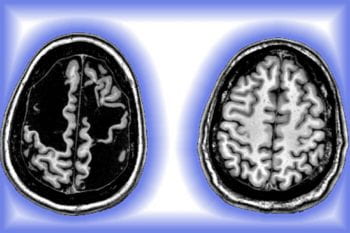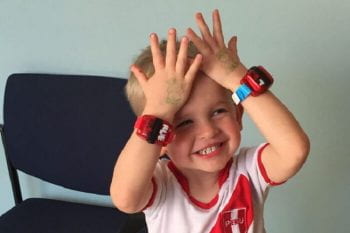Calm body, calm mind, say the practitioners of mindfulness. A new study by researchers at Washington University School of Medicine in St. Louis indicates that the idea that the body and mind are inextricably intertwined is more than just an abstraction. The study shows that parts of the brain area that control movement are plugged […]
Mind-body connection is built into brain, study suggests








